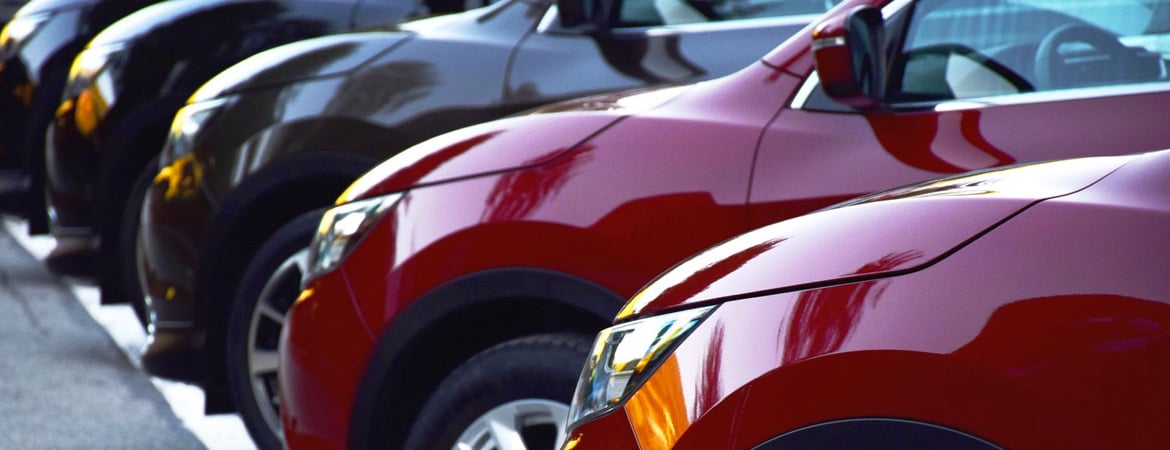Leasing a car may sound appealing – a new car every couple of years, less maintenance costs, and you can "afford" a nicer car than you can buy. While this option is great for many consumers, is it right for you? If you ask the right questions, you can correctly evaluate a car lease.
1. Are there any leasing specials or discounts?
Asking if there are any promotions can be a quick and easy way to potentially save cash. Car dealerships often have models they need to sell or quotas they need to hit which factor into how they can shape the offer for your benefit. Be sure to read the fine print – does the quoted monthly payment include sales tax and any other fees?
2. How many miles does the lease include?
Estimating how many miles you drive per year for work, pleasure, and errands annually can help you make sure that the estimated number of miles you drive annually doesn’t exceed the number of miles offered in the lease. If you exceed the mileage allotment in the lease agreement, the dealer charges a fee per excess mile. This is can be an unexpected, hefty fee when you turn in the car at the end of the lease. For example, if you go over by 5,000 miles and it’s $0.25 per mile, you’ll have to pay $1,250. Tip: Ask the dealer how much they charge per mile over the limit.
3. What are the fees?
Always ask about the fees before you enter into a leasing agreement. Many fees can be waived, negotiated, or reduced. Your leasing contract might include the following fees: drive-off (combination of fees and down payment), security deposit, document, acquisition (a charge by the dealer’s finance company), or disposition (a charge when you return the car).
4. What happens when the lease is done?
It’s important to make sure you’re clear on what happens at the end of the lease. Most automotive leases are "closed-ended" which means that you make payments throughout the agreement period and then at the end of the lease you return the car, pay applicable fees, and either walk away or purchase the car. Other options might allow you to extend or replace the lease. Tip: If you’re going to buy your leased car, you have the option to finance the car with your credit union.
5. What’s the car’s residual value?
Residual value is simply an estimate of how much the car will be worth after the lease expires. When you lease a car you’re paying for the amount of the car’s value that you use. For example, if you lease a car with a value of $25,000 and in three years it’s worth $11,250, this means you’re using $13,750 of its value (or has a 45% residual value). Divide $13,750 by 36 months (the number of months in the lease) and your estimated monthly payment is $382 (this calculation excludes any fees or finance charges). As a general rule of thumb, you want a car that holds its value. Edmunds.com considers a good residual value to be 55% and a fair one is 45%. Research the car’s residual value before your sign – ask the dealer or look it up online. Tip: If you decide to sign a lease, the car’s residual value will be listed in the contract.

